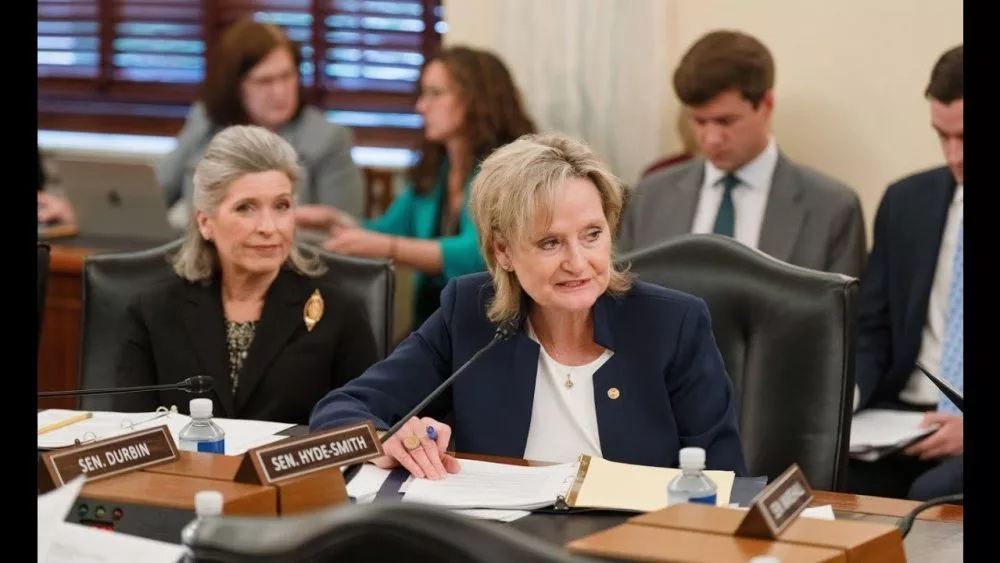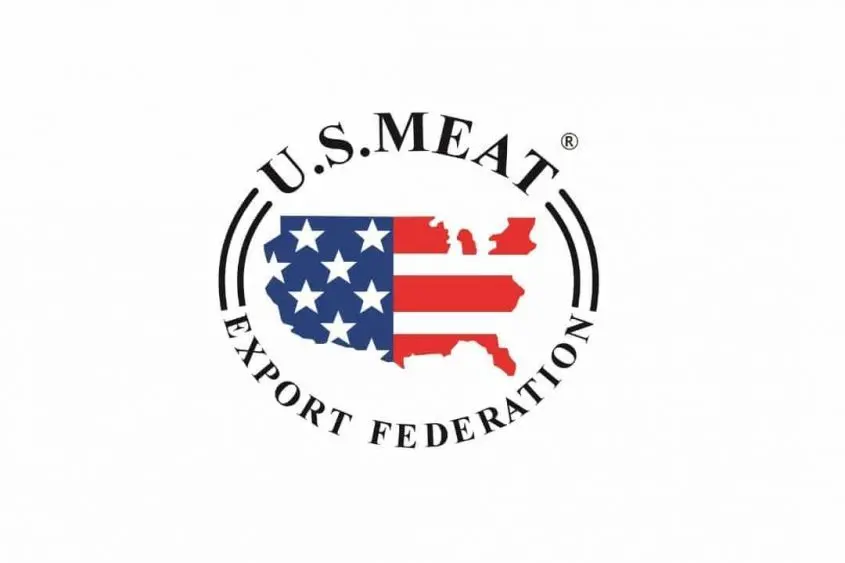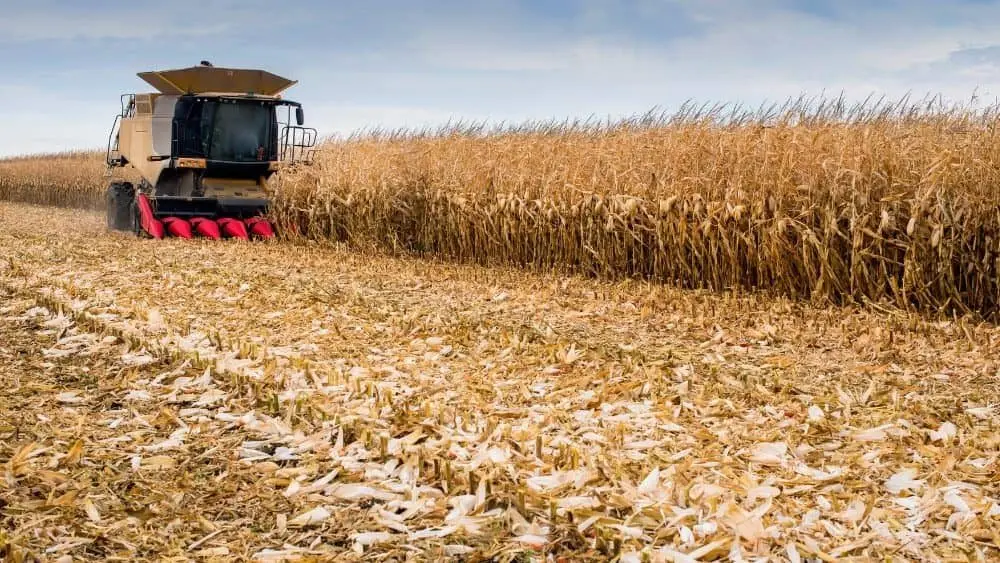
WASHINGTON, D.C. – U.S. Senator Cindy Hyde-Smith (R-Miss.) today tackled the need to improve U.S. Department of Agriculture conservation programs that are popular among Mississippi producers and communities to improve soil, watersheds, and overall environmental quality.
As part of its series of hearings leading toward a new Farm Bill, the Senate Agriculture Committee on Tuesday afternoon conducted a hearing titled, Perspectives from the Field, Part 4: Conservation, to receive stakeholder views on the administration and future of USDA Natural Resource Conservation Service programs.
“It’s clear that we have our work cut out for us. These conservation programs, which are popular in Mississippi and across the country, face challenges because of funding and staffing limitations. However, they are important and we need to solve just how to keep them strong and viable in a new Farm Bill,” Hyde-Smith said in evaluating the hearing.
In her questioning, Hyde-Smith focused on the Conservation Stewardship Program (CSP), Environmental Quality Incentives Program (EQIP), Watershed and Flood Prevention Operations Program (WFPO), and Agricultural Conservation Easement Program (ACEP) as important to Mississippi.
“One of the many benefits of these important working lands programs is that they allow private land to remain in production while farmers and ranchers implement various conservation practices,” Hyde-Smith said. “These programs are a win-win: Farmers are seeing increased productivity on their land through the conservation practices they implement, which of course improve the soil, water, and overall environmental quality of the land they rely on to feed us.”
Hyde-Smith asked Gary Blair of Starkville, president of the National Association of Conservation Districts (NACD), to describe how changes in the 2018 Farm Bill effectively limited enrollment in CSP and EQIP.
“Those are two important programs to the Mississippi Delta and to Mississippi in general, and we are at times not receiving enough funding for CSP and EQIP across the nation,” Blair said. “I’m hearing the same thing you’re hearing. Our farmers need more CSP money and the recent changes in CSP has limited our Delta farmers in Mississippi, as well as those others across the state.”
Hyde-Smith also asked Blair to explain the NACD position on how Congress could improve the WFPO program, which she noted “has been utilized in Mississippi to help reduce flood, erosion, and sedimentation damage in various watersheds.”
“As you highlighted in your testimony, maintaining this infrastructure is essential for protecting our citizens, communities, small businesses, and producers. What are you hearing from your members in Mississippi about the need to construct and maintain critical water infrastructure, and how can Congress better support that work?” Hyde-Smith asked.
“Our watershed program is very key in Mississippi. We’re number two to Oklahoma as far as the number of watersheds,” Blair said.
“We have a number of our watersheds that were built in the 60s that are needing some rehab work done. So, funding for watersheds and watershed rehab is very key going forward. We have a number of cities that have grown underneath these watersheds, and we need to make sure that those dams do not fail,” Blair continued, specifically citing Arkabutla Lake.
Hyde-Smith sought input from Lynn Tjeerdsma of the Pheasants Forever and Quail Forever on what administrative and regulatory burdens should be lifted to encourage more landowners to enroll in ACEP Wetlands Reserve Easements (WRE).
“Wetland easements are widely used in the Mississippi Delta, where several counties are seeing near-record enrollment. These easements play a key role in protecting critical wildlife habitat, while creating long-term recreational and economic value for Mississippians,” Hyde-Smith said. “In the next Farm Bill, how can Congress reduce regulatory burdens in the Wetland Reserve Easement program to enable it to enroll more landowners and build on its success?”
Tjeerdsma, a former Farm Service Agency employee and Senate staffer, cited a bureaucratic “obsession with process” as a primary hurdle for increasing WRE enrollment.
“That’s probably one of the biggest deterrents and why we need so much technical assistance is the complexity of the programs,” Tjeerdsma said. “Sometimes making more money available isn’t always the answer. It’s how can we make the program more workable, how can we make the sign-up process easier… There’s got to be a balance and I think that balance is to simplify the sign-up process.”
SOURCE: Senator Hyde-Smith News Release



